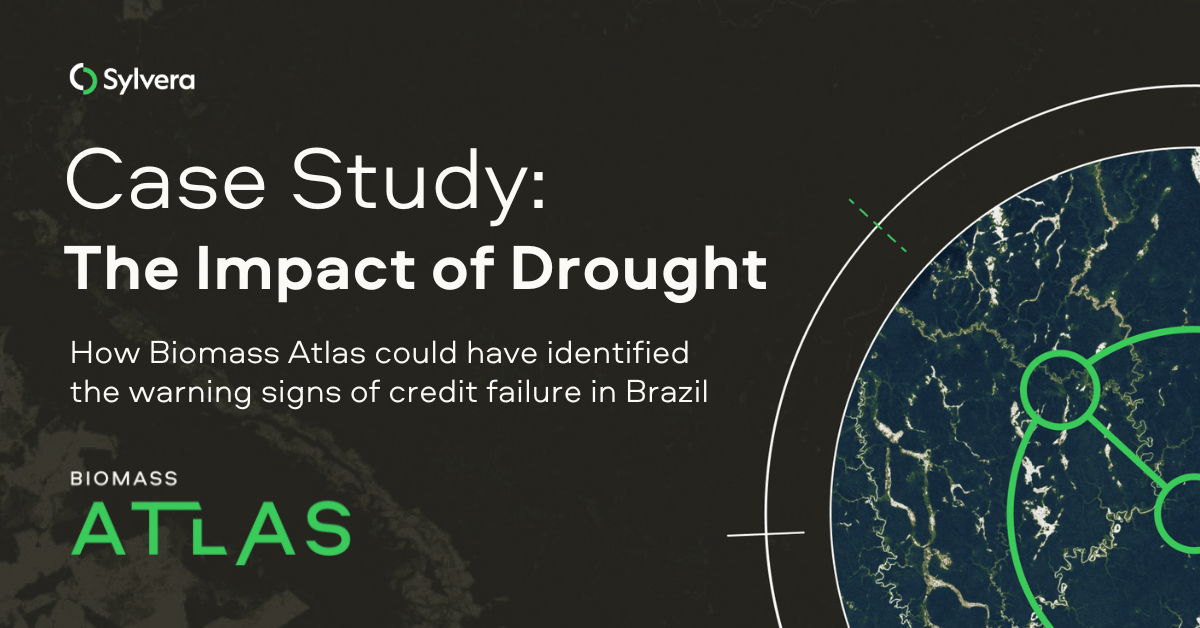“Over the years we’ve invested significantly in our field data team - focusing on producing trusted ratings. While this ensures the accuracy of our Ratings, it doesn’t allow the scale across the thousands of projects that buyers are considering.”
For more information on carbon credit procurement trends, read our "Key Takeaways for 2025" article. We share five, data-backed tips to improve your procurement strategy.

One more thing: Connect to Supply customers also get access to the rest of Sylvera's tools. That means you can easily see project ratings and evaluate an individual project's strengths, procure quality carbon credits, and even monitor project activity (particularly if you’ve invested at the pre-issuance stage.)
Book a free demo of Sylvera to see our platform's procurement and reporting features in action.
Earlier this month Sylvera and the London School of Economics’s Grantham Research Institute on Climate Change and the Environment co-organized a policy roundtable discussion, hosted by Bain & Company in London.
The event brought together policymakers, regulators, academics, registries, industry standards and market participants to discuss opportunities for innovation to address both the integrity and scale of voluntary carbon markets (VCMs).
The event was held under the Chatham House rule, but we can summarize some key themes and areas of consensus:
1. The market can more actively take control of its own destiny by embracing integrity initiatives
- There is great power in mobilizing a coalition of the willing on high-integrity VCMs.
- The guidance and solutions offered by integrity initiatives are not a one-off silver bullet, but an ongoing and iterative process of constantly raising the bar through continuous improvement. The key is to get behind them, celebrate the progress made so far, and lean in to help iterate and improve the system on an ongoing basis.
2. In the longer term, effective, proportionate regulation will be essential
- The risks of VCMs underperforming are not only felt by buyers, as the costs of failing to mitigate climate change are externalized. Therefore governments have a clear stake in ensuring the system delivers on its potential - both in terms of integrity and scale.
- There is an element of chicken and egg: regulators are waiting for markets to develop and markets are waiting for regulation. Market participants should actively engage with policy-makers and regulators to guide the most effective interventions.
3. There is a great opportunity for UK leadership in carbon markets
- Innovative approaches to overseeing VCMs could not only maximize the opportunity of a burgeoning market in the UK, but also have global influence.
- The UK has many of the ingredients for success when it comes to playing a leading role in global carbon markets: a history of forward-leaning climate policy, a global financial center, broad-based corporate climate ambition, and a culture of innovation and leadership in policymaking and cleantech.
4. We should embrace and leverage new data and dMRV to develop innovative solutions
- Regulation is not the whole solution; it can enshrine best practice, but won’t solve technical challenges.
- We now have ways to constrain risk and evaluate impacts far more accurately than previously and should be looking for innovative ways to maximize this data. The steps being taken by the crediting standards, and the World Bank, on digital Monitoring, Reporting and Verification (dMRV) are an example of this.
5. There is an appetite for more collaboration
- VCMs will have the greatest impact if they are both high-integrity and large scale. Enabling this requires the sharing of expertise and ideas between the public and private sectors and academia.
- This roundtable further demonstrated the fertile ground for these diverse stakeholders to convene and discuss creative and cutting-edge ways to improve the VCMs.
Read more about how Sylvera is building consensus around a high-integrity vision for future VCMs in our latest report:Defining carbon credit quality in the VCMs
You can also stay up to date with all the latest policy news in carbon markets by subscribing to our newsletter or following us on LinkedIn.















